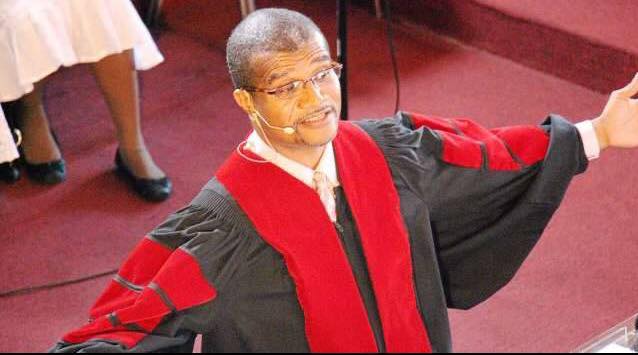The Liberia Council of Churches (LCC) has vehemently denied recent online rumors alleging the three-month suspension of its president, Reverend Dr. Samuel Reeves. The LCC’s Secretary General, Reverend Dr. Christopher Toe, dismissed these reports as baseless fabrications originating from the depths of social media, characterizing them as utter nonsense. He attributed the spread of these falsehoods to malicious individuals with ulterior motives, emphasizing that the LCC leadership, under the guidance of Reverend Reeves himself, has not even contemplated suspending any member, let alone their own president. Reverend Toe categorically stated that no meetings or discussions regarding such a suspension have taken place.
This incident is not an isolated occurrence, according to Reverend Toe. He revealed that a barrage of fabricated stories targeting the LCC has been circulating online over the past week, polluting the digital space with misinformation. He appealed to those responsible for disseminating these falsehoods to acknowledge their actions and take responsibility for the misleading narratives they have propagated. He stressed the importance of truth-telling and accountability in the digital realm.
Reverend Toe also cautioned media outlets against amplifying these unsubstantiated claims, highlighting their potential to mislead the public and distort the LCC’s position on critical national issues. He urged the media to exercise discernment and act as gatekeepers against the deluge of disinformation flooding the internet. He emphasized the media’s role in verifying information and ensuring the accuracy of their reporting, recognizing the challenges involved but stressing the importance of responsible journalism.
The LCC reiterated its firm denial of the suspension rumors, characterizing the entire episode as a tempest in a teapot, a complete fabrication. They emphasized their commitment to transparency and urged the public to rely on official LCC channels for accurate information regarding their activities and leadership.
This incident highlights the growing concern over the spread of misinformation and disinformation online, particularly on social media platforms. The ease with which false narratives can be created and disseminated poses a significant challenge to individuals, organizations, and even national discourse. The LCC’s experience serves as a cautionary tale, underscoring the need for critical thinking, media literacy, and responsible online engagement.
Furthermore, the incident emphasizes the crucial role of credible institutions, like the LCC, in actively countering misinformation and providing accurate information to the public. Their proactive response in addressing the false rumors head-on is a commendable example of how organizations can effectively navigate the challenges of the digital age and maintain public trust. It also underscores the importance of open communication and transparency in fostering a healthy information ecosystem.














